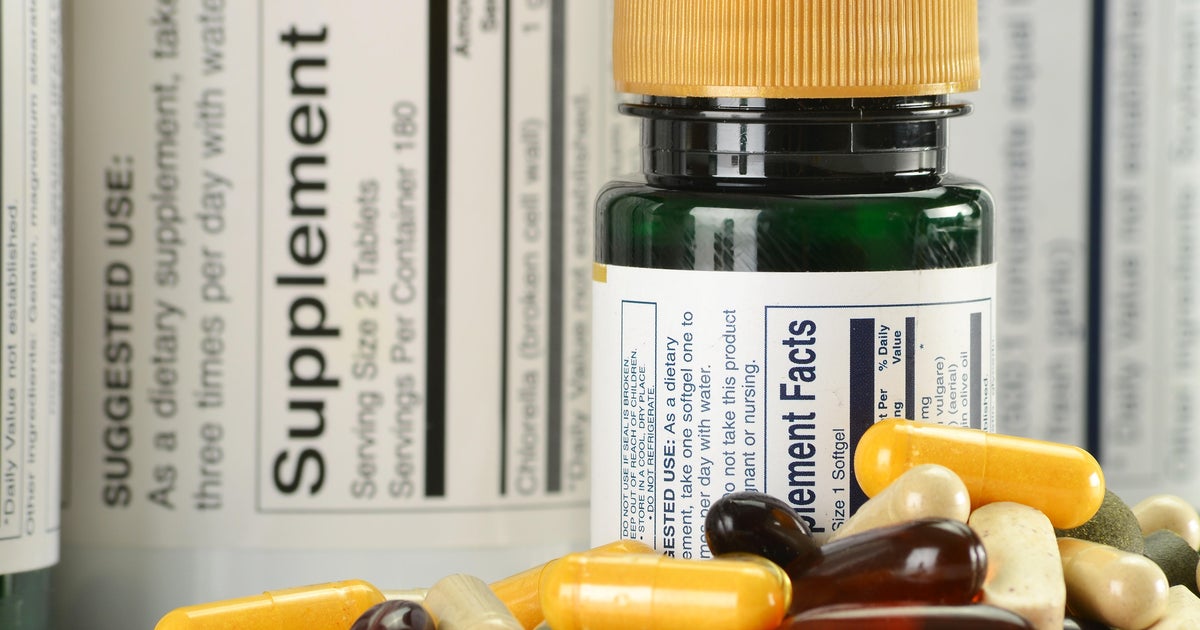
With RFK Jr. in charge, supplement makers see chance to cash in
CBSN
Last fall, before being named the senior U.S. health official, Robert F. Kennedy Jr. said the Trump administration would liberate Americans from the FDA's "aggressive suppression" of vitamins, dietary supplements, and other substances — ending the federal agency's "war on public health," as he put it.
In fact, the FDA can't even require that supplements be effective before they are sold. When Congress, at the agency's urging, last considered legislation to require makers of vitamins, herbal remedies, and other pills and potions to show proof of their safety and worth before marketing the products, it got more negative mail, phone calls, and telegrams than at any time since the Vietnam War, by some accounts. The backlash resulted in a 1994 law that enabled the dietary supplement industry to put its products on the market without testing and to tout unproven benefits, as long as the touting doesn't include claims to treat or cure a disease. Annual industry revenues have grown from $4 billion to $70 billion since.
With Kennedy now in the driver's seat, the industry will likely expect more: It aims to make bolder health claims for its products and even get the government, private insurers, and flexible spending accounts to pay for supplements, essentially putting them on an equal footing with FDA-approved pharmaceuticals.

Last fall, before being named the senior U.S. health official, Robert F. Kennedy Jr. said the Trump administration would liberate Americans from the FDA's "aggressive suppression" of vitamins, dietary supplements, and other substances — ending the federal agency's "war on public health," as he put it.












